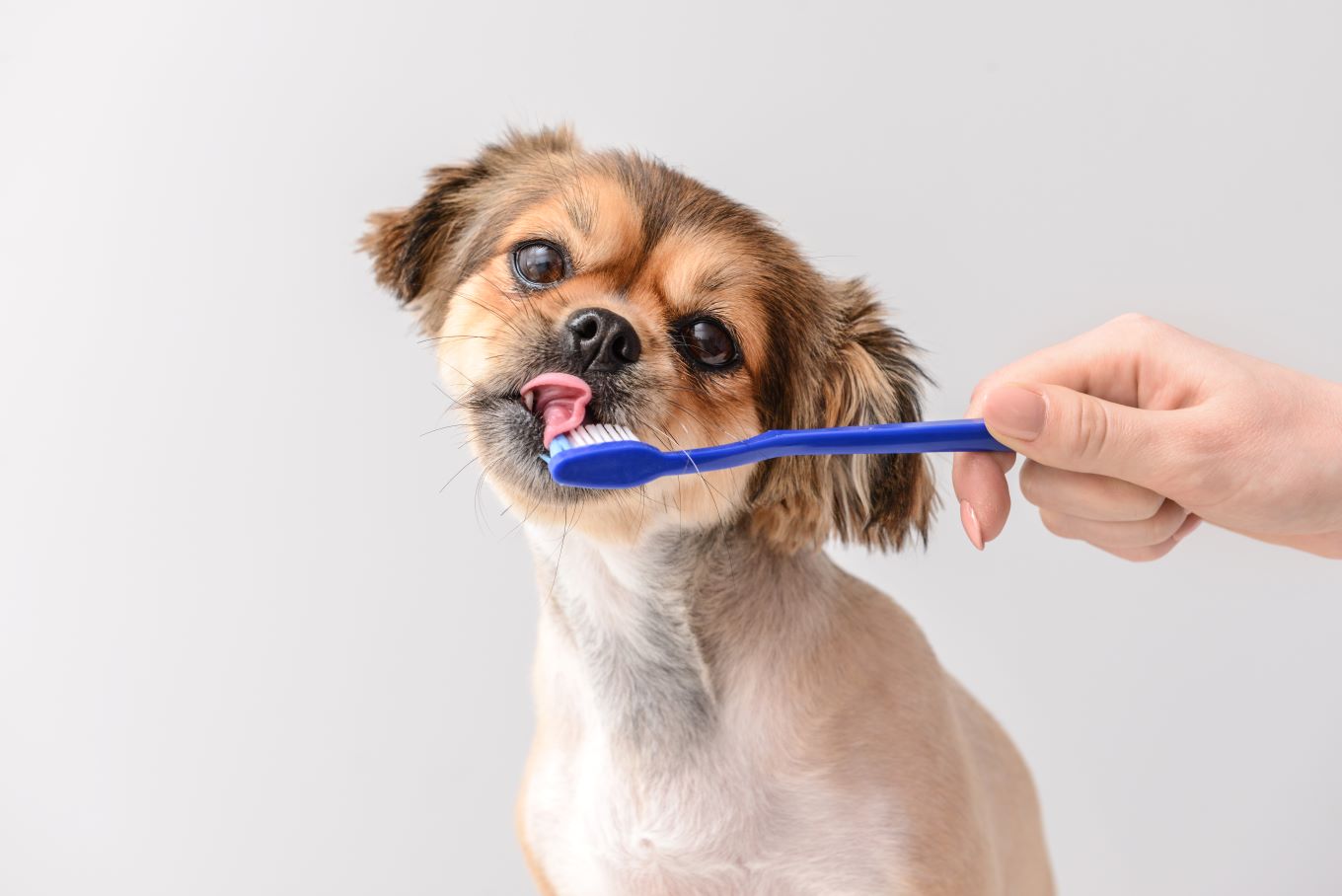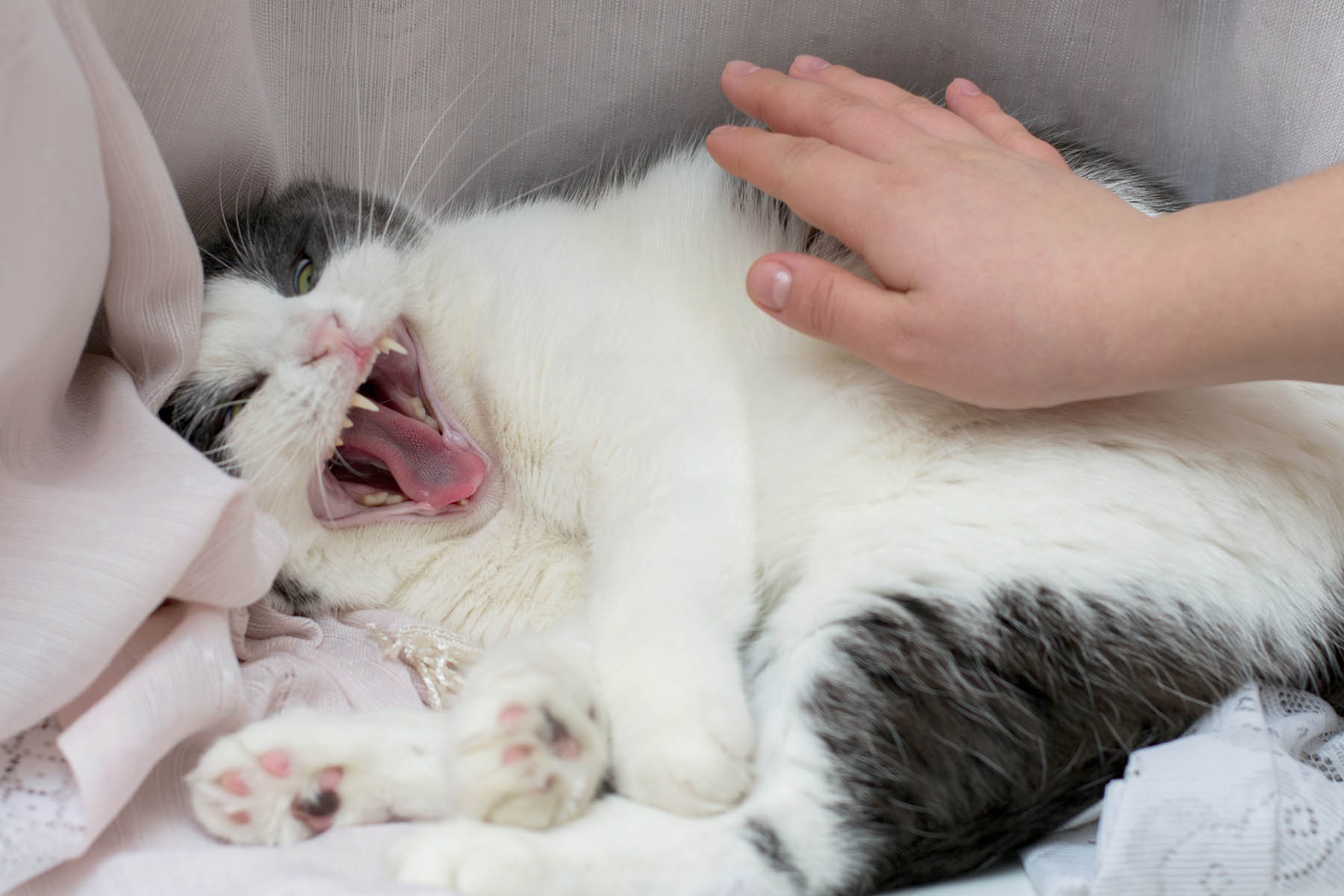Just like humans, our furry friends also require regular dental care to maintain optimal health. Poor dental hygiene can lead to more than just bad breath; it can result in dental disease, which can affect your pet’s organs and overall well-being. Properly seeing to your pet’s dental health can ensure longevity and wellness for your furry friend. In this guide, we’ll walk you through the steps to ensure your pet’s pearly whites stay healthy and strong.
Why is Dental Care Important for Pets?
Dental care is more than cosmetic; it’s a critical aspect of your pet’s overall health. Dental diseases can lead to complications like gum inflammation, tooth loss, and can even affect vital organs like the heart and kidneys if bacteria enter the bloodstream.
Step-by-Step Pet Dental Care Guide
1. Start with a Dental Check-Up
Before starting a dental care regimen, it’s advisable to have your pet’s teeth examined by a veterinarian. This will help identify any existing issues that may require immediate attention.
2. Choose the Right Tools
- Toothbrush: Use a toothbrush designed for pets. These brushes have softer bristles and are angled to easily reach all areas of your pet’s mouth.
- Toothpaste: Opt for a pet-safe toothpaste, usually available in flavors like chicken or beef to make the process more enjoyable for your pet.
3. Get Your Pet Used to the Process
Start by letting your pet taste the toothpaste and gently touching the brush to their teeth. This helps your pet get used to the sensation.
4. Brushing Technique
- Lift the lip to expose the teeth and gums.
- Place the brush at a 45-degree angle to the gum line.
- Use circular strokes, focusing on one area before moving to the next.
5. Frequency
Ideally, you should brush your pet’s teeth daily. However, even three times a week can be beneficial.
6. Dental Chews and Treats
While not a replacement for brushing, dental chews can help reduce plaque and tartar. Always choose products that have been approved by veterinary dental associations.
7. Regular Dental Cleanings
Professional cleanings by your veterinarian are crucial for removing tartar build-up and assessing the overall health of your pet’s mouth.
Additional Tips
- Check for Signs: Regularly check for signs of dental problems like bad breath, red or swollen gums, and difficulty eating.
- Balanced Diet: Feeding your pet a balanced diet can also contribute to dental health. Consult your vet for the best dietary options for your pet.
Commonly Asked Questions
1. How often should my pet receive a professional dental cleaning?
This depends on your pet’s age, breed, and existing dental condition. Your veterinarian will be able to provide a personalized schedule.
2. Are there signs of dental problems that I should watch for?
Yes, some common signs include persistent bad breath, a change in eating habits, pawing at the face, and visible plaque or tartar.
3. Can I use human toothpaste for my pet?
No, human toothpaste contains ingredients like fluoride that can be toxic to pets. Always use a pet-safe toothpaste.
Conclusion
Maintaining your pet’s dental health is a vital component of their overall well-being. Regular home care combined with professional cleanings can prevent dental disease, leading to a happier, healthier life for your pet.
If you have more questions or concerns about your pet’s dental health, don’t hesitate to reach out to us at Faithful Friends Veterinary Clinic. We’re here to help guide you through all aspects of pet care.
Here’s to your pet’s bright smile and vibrant health!




